Will Switzerland face an energy crunch this winter?
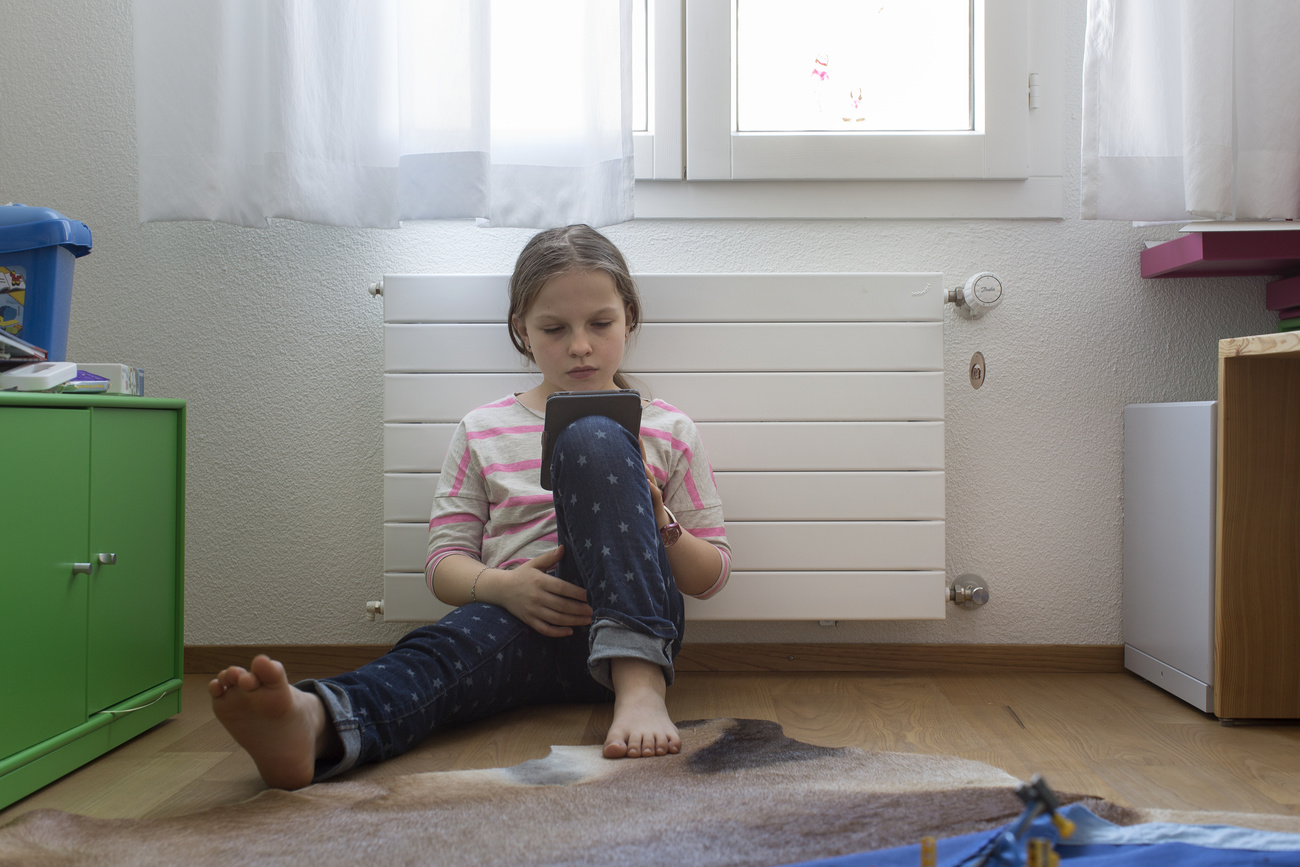
Last winter, people in Switzerland were in fear of not having enough gas – much of which came from Russia – to heat their homes.
The situation this winter should be better, say experts, adding that Switzerland still needs to invest much more to ensure a long-term energy transition from fossil fuels to renewables.
So far, the Swiss government has decided not to launch a major energy-saving campaign aimed at the public, but it remains on alert to act if prices flare or supply dwindles. Dependence on Russian gas has been largely replaced, but uncertainties remain.
According to the Swiss Federal Office of Energy (SFOE), energy markets remain volatile, and “prices are reacting strongly to new uncertainties”. The alert has not been lifted, the SFOE continues, and “the campaign could be deployed if the energy supply situation were to deteriorate”, particularly in the event of persistently low temperatures.
However, Marc MüllerExternal link, a consultant and specialist on sustainable energy transition, thinks an energy crunch unlikely, “even if it’s extremely cold”. He told SWI swissinfo.ch that Europe had made a remarkable transition from cheap Russian gas, and French nuclear power plants were also working well supplying Switzerland with electricity, which was not the case last year.
Heavy dependence on imports
Switzerland is heavily dependent on imports of electricity and gas. For gas, it is totally dependent, the SFOE notes. In 2020, Switzerland sourced nearly half its gas from Russia. Müller says the only reason the population did not have to face energy blackouts last winter was because the weather was milder than usual.
Now the situation is different. Europe has invested heavily in importing liquid gas (LNG) from the United States and Qatar to replace natural gas from Russia, he told SWI. But this needs to be converted from liquid form to gas. “There needs to be a lot of ships and infrastructure at ports to be able to transform liquid gas in boats to natural gas in pipes. We did not have the infrastructure to do that last year. It’s absolutely impressive the reactivity of the European industry to be able to build this infrastructure so fast, at a level that nearly fully compensates Russian imports.”
Prices, however, have gone up, as squeezed consumers are well aware. In Switzerland, they have risen by more than 25% since March 2022. “All this infrastructure costs a lot, liquid gas costs more than Russian gas, and globally the energy market is under pressure,” Müller explains. “We are not in an emergency situation, but we have strong sustainable problems that we have to solve.”
Voluntary savings
The Swiss energy office has called for a voluntary 15% cut in gas consumption this winter, in line with an EU effort to help avoid shortages. “In our country, nearly two-thirds of annual gas consumption goes to heating buildings during the winter season, which runs from the beginning of October to the end of March,” it said in a press release on September 22. “The voluntary target of saving 15% applies during these months of high consumption and should be attained through voluntary measures in households, industry, services and public administration.”
For buildings heated with gas, this is easy if you turn the thermostat down, Müller says. “Each degree you go down, you save 7% of energy. So if you heat your apartment at 22°C and you go to 21°C, you save 7%, and if you go to 20°C, you save 15%,” he explains. “That works when your building is well insulated, but if you live in an old building and you go from 21°C to 19°C, you are cold.”
Müller points out that energy-saving measures implemented last winter didn’t actually save that much. “If we really want to reduce our energy consumption, it’s not enough to say just reduce the temperature,” he told SWI. “If we want more energy security in Switzerland, we have to insulate buildings, build renewable energies, and that takes 20 to 30 years. Most people in Switzerland have understood that we need to invest way more and go much faster with the energy transition, but we will see the effects only in ten to 15 years. In the meantime we remain super-dependent on Europe, and we are very lucky that Europe did the right investment last winter.

In compliance with the JTI standards
More: SWI swissinfo.ch certified by the Journalism Trust Initiative
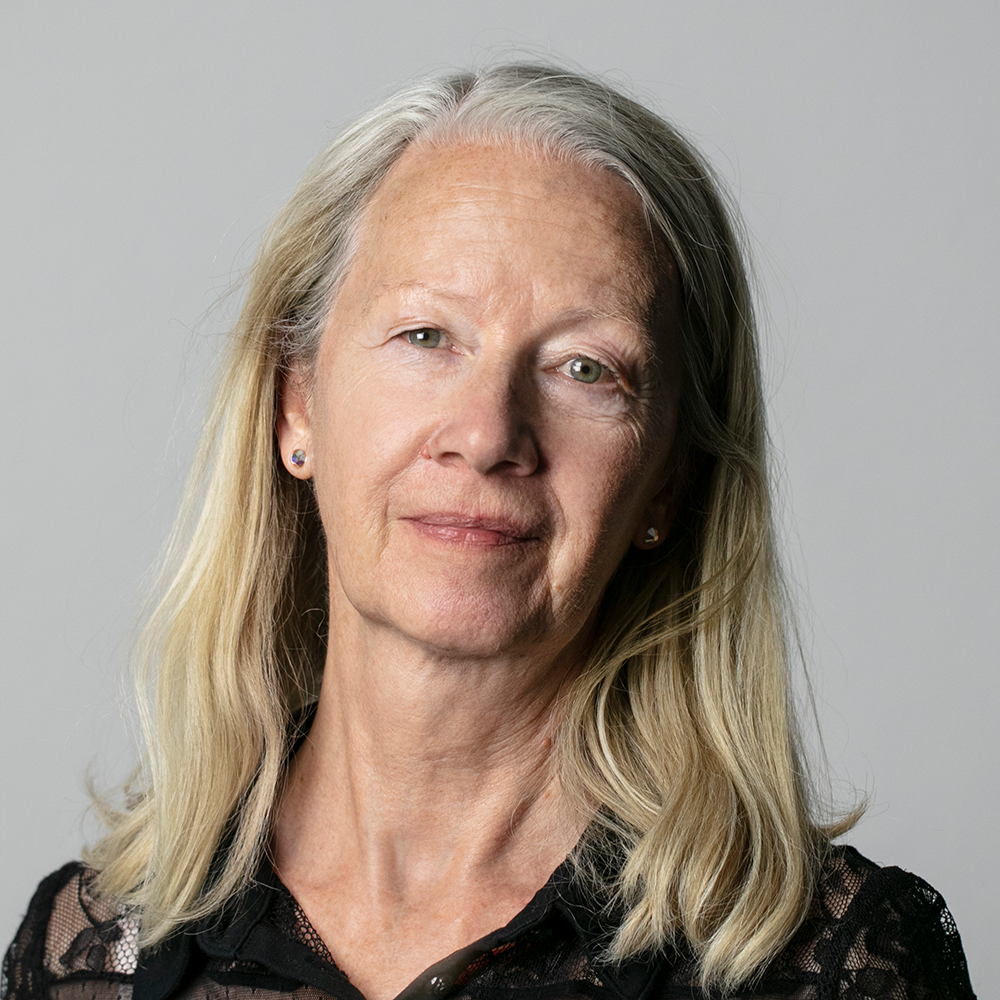

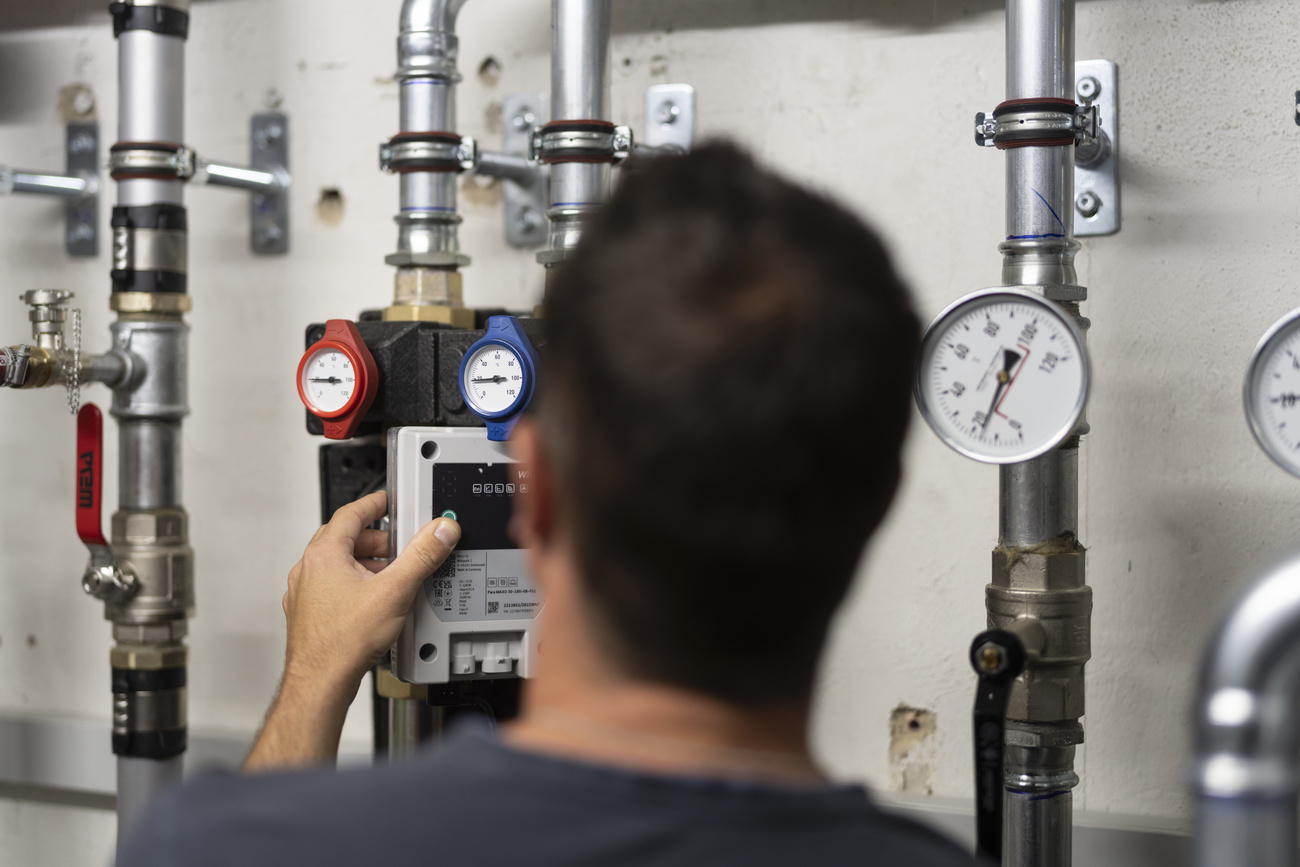
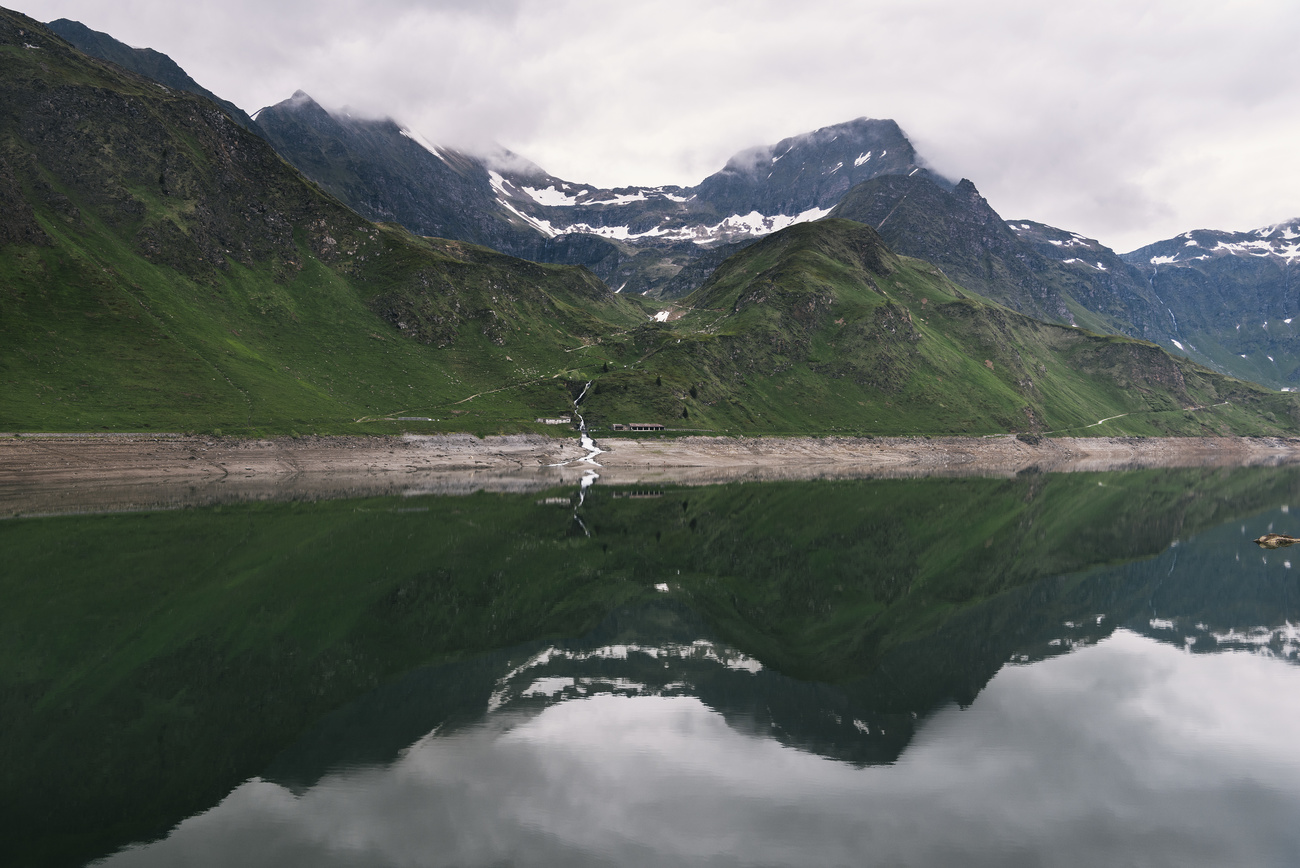
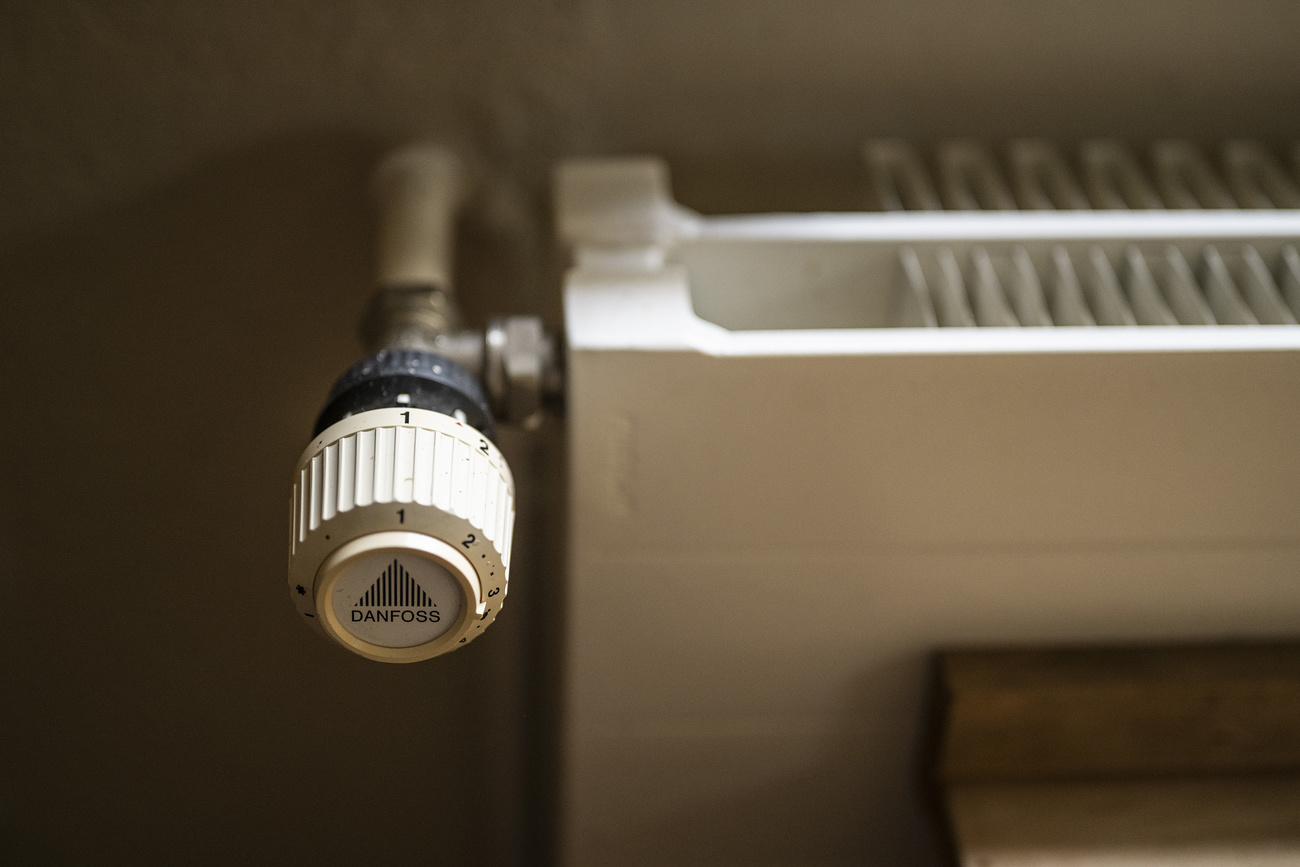
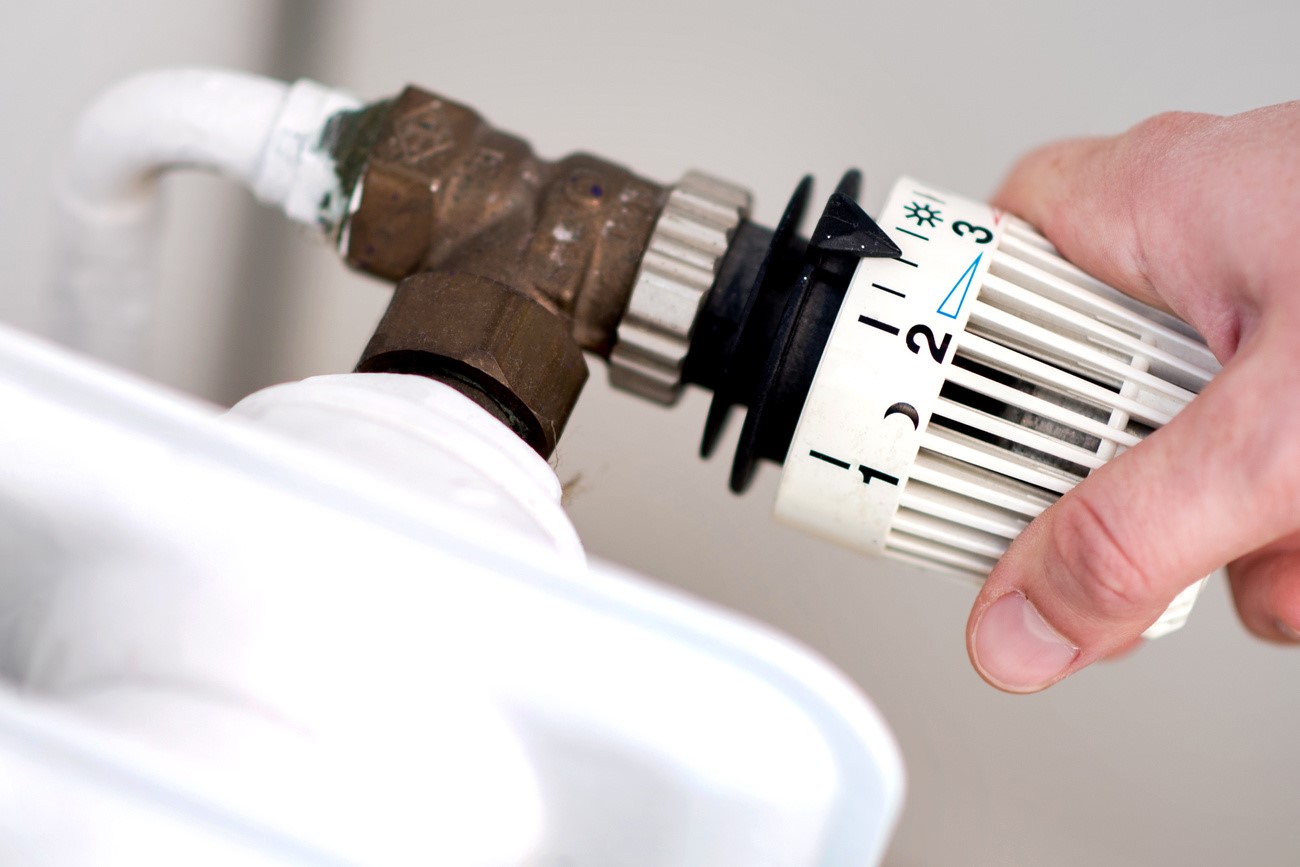
You can find an overview of ongoing debates with our journalists here. Please join us!
If you want to start a conversation about a topic raised in this article or want to report factual errors, email us at english@swissinfo.ch.